It's Not About The Gear - Until It Is
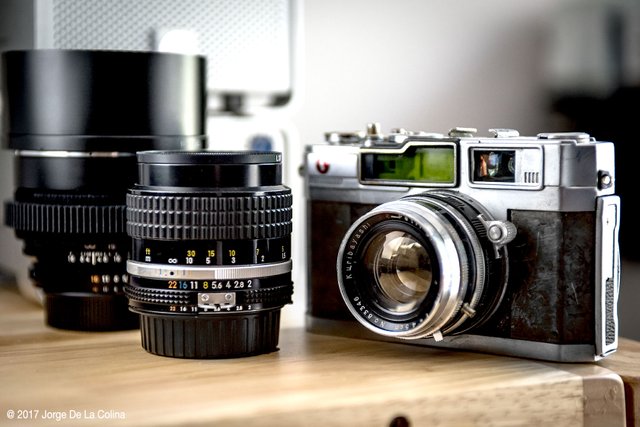
I’m sure most of you have heard the expression it’s not about the gear you have, but its how you use it! There’s another debate saying that it’s not about the gear, until it is about the gear… Sound confusing? We’ll get to that later.
I’m totally for the mentality that it is not about the gear. Its so easy to get obsessed with the equipment, unconsciously thinking it will help us capture greater images, still or moving images- since this applies to photographers and cinematographers. We can look at the tech specs, look at the lens and sensor data charts, look for the perfect lens or camera body.
We all aspire to be better, and look to professionals for inspiration and aspiration. Then we see what kind of gear they use and think that that is what separates us from them. It is, but it isn't…
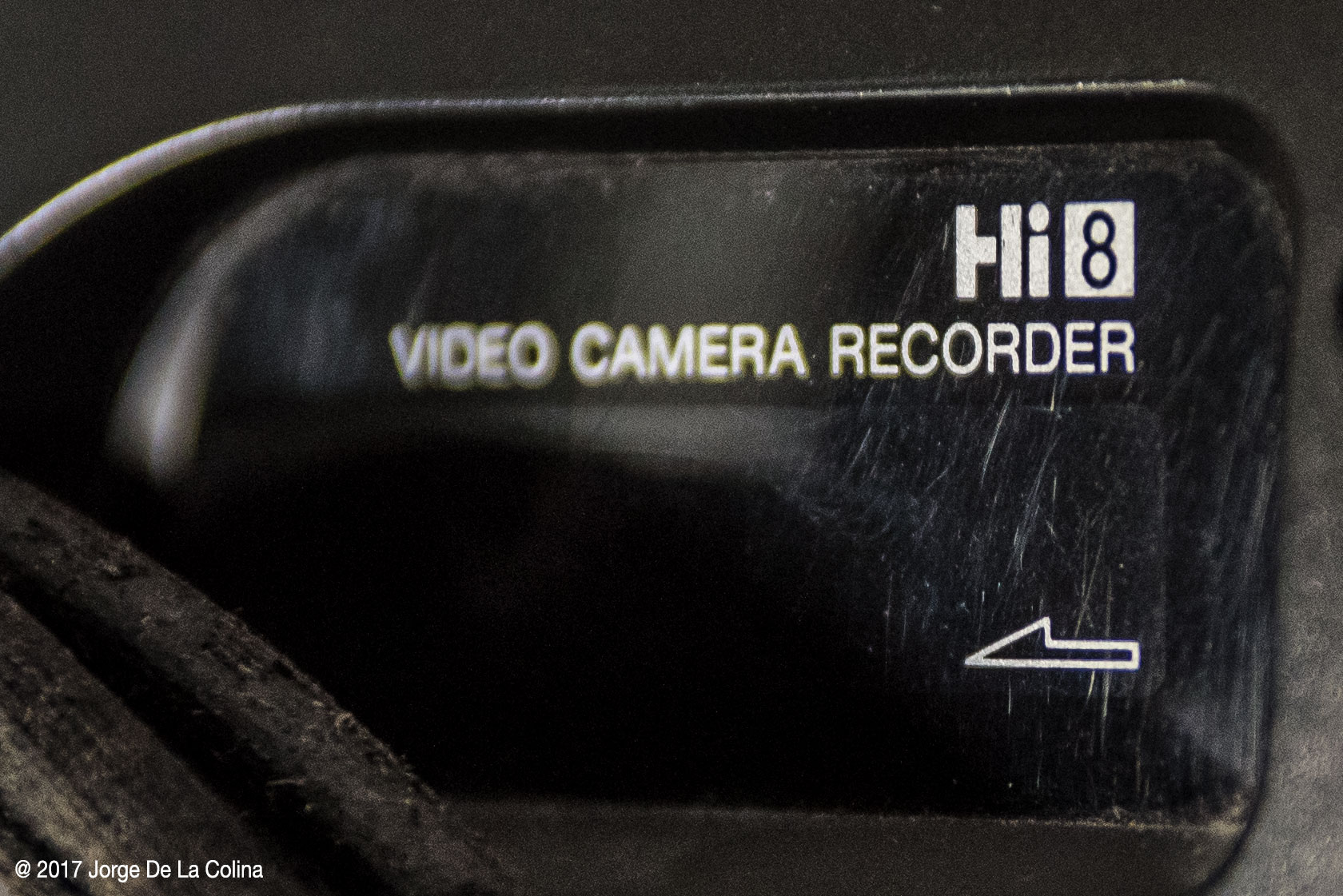
I’ve spent more than 15 years trying to get my images to look more cinematic. The technology has changed dramatically in the last 15 years, making it now easier than ever to achieve that. I remember shooting hi-8 video for short films and thinking, how could I make this look like a movie? Why doesn’t my video look like film? If I shot this on an actual film camera, it would look like film! If I could process the 30fps down to 24fps it would look like film! Well I did try those things, and some helped, some didn’t. The framerate definitely helped, but if I would’ve shot those same videos on 35mm film they still wouldn’t have looked like a real movie.
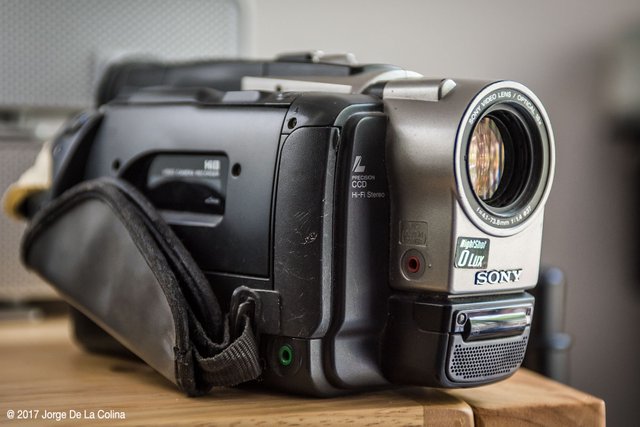
But at the end of the day, what separates pro images from the hobbyist’s?
Time, experience, and knowledge.
Later I was able to study and learn a great deal about a lot of factors that play into making an image more cinematic, or basically any image more professional. There has to be a purpose, an intent.

Things like composition, rule of thirds, golden ratio, eye lines, 180º rule, framing, art direction, cinematography, colors, blocking, etc., all have a major impact on your overall image.
The more you learn to control and direct your image, the closer you can get to achieving the look that you set out to capture — regardless of the equipment. Now here is where this concept of no matter the gear stops applying. Once you start to get to a more stylized, niche, or specialty type of image, the equipment turn into tools that help you as an artist.
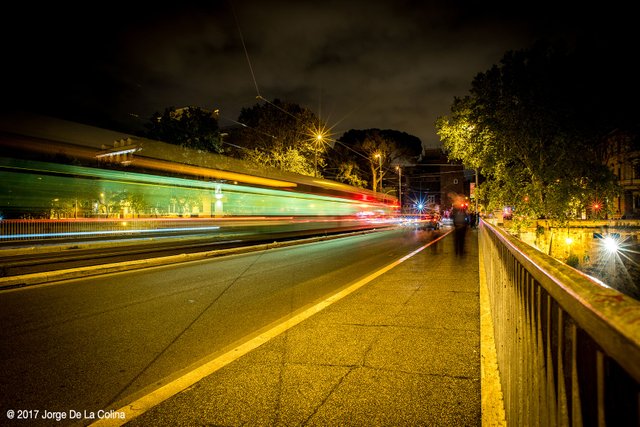
For example, you want to take a picture of the city’s traffic at night with the car lights blurred out, what do you need? Well you’ll need to slow down your shutter, which means you’ll only be able to get this shot if you can stabilize the camera perfectly. You’ll need a tripod. And not just any inexpensive tripod since those can be flimsy, wiggle in the wind, or even shake a bit when the mirror/shutter mechanism is triggered - resulting in loss of sharpness. So when you reach that level of photography, you’ll need to upgrade your tripod.
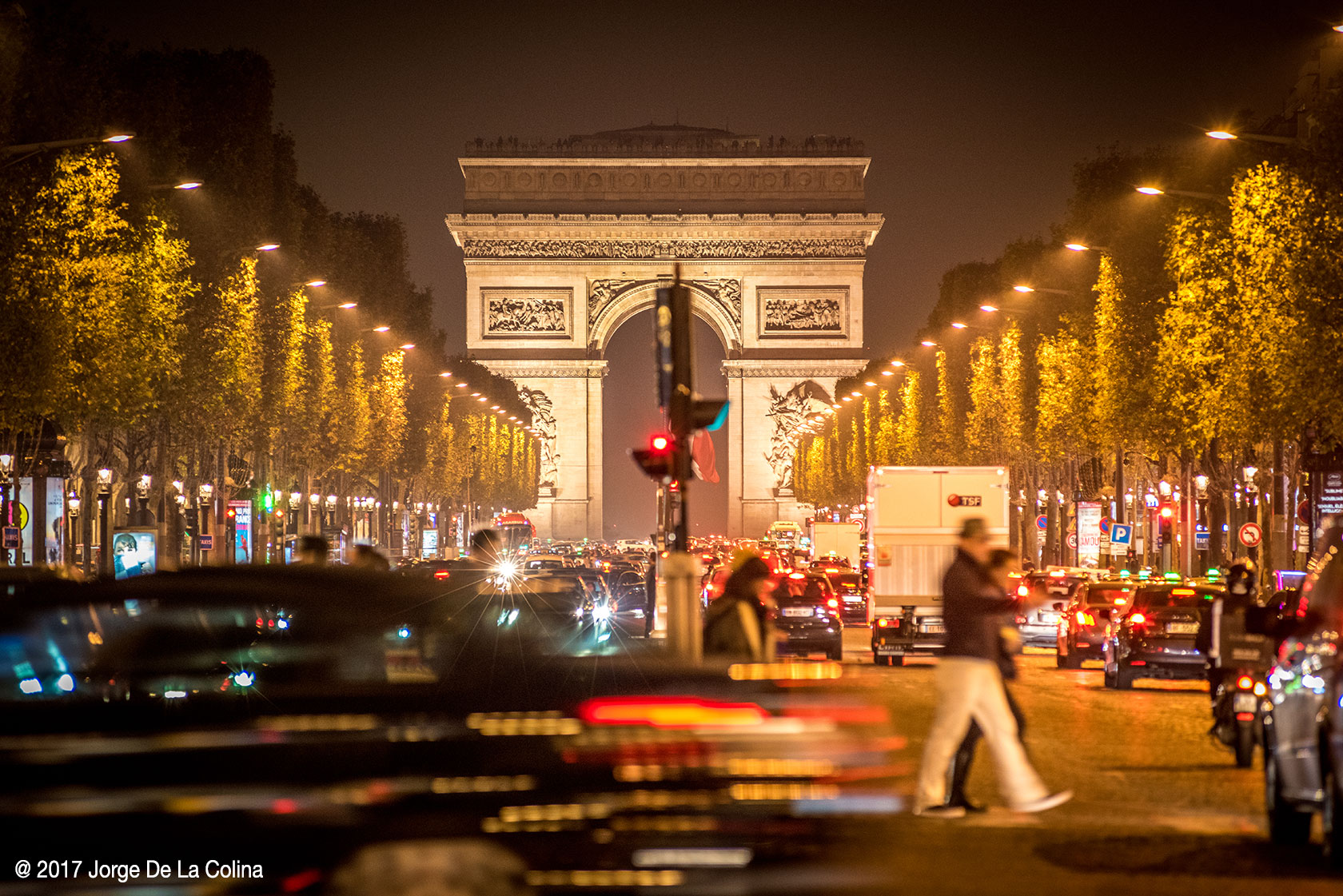
You could, of course, rest your camera on a sturdy surface, or even the floor, so the tripod is not a necessity to get that shot, however you’re limited now to the placement of the camera. I decided to leave my tripod at home on the last vacation, since I’ve traveled with it for years and I had grown tired of lugging it around on every trip. I very quickly realized I personally don’t like being limited to camera placement and shot composition because I didn’t have access to my tripod. After this experience I decided it's worth the hassle to lug it around. You'll notice in the above two night exterior images I captured that the framing is a little off. That's because I didn't have a tripod and I had to find objects to rest the camera on to slow down my shutter. The first one was resting on a column by the hand rail, and in the second the camera was resting on a trash can in the middle of both lanes.
If you need to capture high-speed action shots, sport shots, nature photography, macro shots- all of these require a certain level of equipment. These can all be attempted with the kit lens on your camera, however you’ll soon realize that with a bit more sophisticated equipment you can achieve much higher results. There is definitely a cost/reward curve, which deserves everyone’s personal and serious consideration, but that’s not to say you need to break the bank. You don’t always have to get the most expensive macro lens, or camera body, or fluid head tripod. You can always learn and practice techniques before you upgrade your equipment.
For general photography you can still get amazing images from any type of camera or lens once skill is acquired. You start to realize that the gear doesn’t matter. You get to travel light, only take the tools necessary for the type of images you’re after. Most importantly, It detaches you from always wanting to purchase something better, and helps you focus on taking better images.
At the end of the day, the photographer’s or cinematographer’s skill comes from their observations over time, experience, and knowledge.
If you like to learn more about filmmaking in general, what happens behind the scenes, and reading about some of my other hobbies, don't forget to follow me here!
I'll be glad to read any questions, comments or feedback!
Until next time, have a great day!